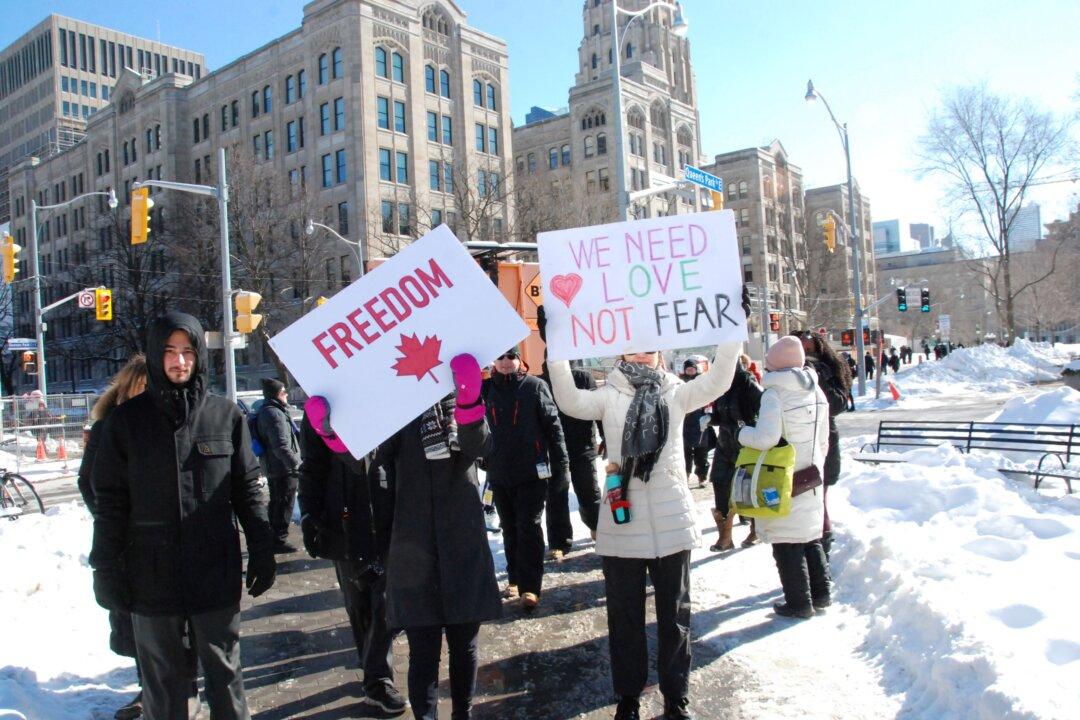An Ontario court has dismissed an appeal that challenged the province’s COVID-19 vaccine passport program, saying the issue was moot.
The appeals court decided on Oct. 24 that the case is no longer relevant because the Ontario government ended the province’s COVID-19 vaccine passport program in March 2022.





